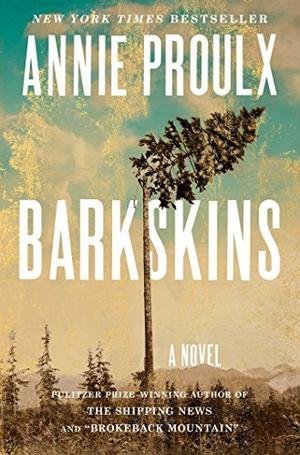The Berry Pickers Amanda Peters (2023) In 1962, a group of Indigenous Mi’kmaq people from Nova Scotia, Canada, cross the border to Maine as summer migrant workers. When a 4-year-old Mi’kmaq girl, Ruthie, disappears from the berry fields one August day, her family is devastated. Her 6-year-old brother, Joe, is the last to see her; guilt and regret will shape his entire life. Meanwhile, in a town in Maine, a girl named Norma has recurrent dreams that she thinks may in fact be memories of people she once knew. Over the ensuing decades, the novel shifts back and forth between Joe’s life and Norma’s, until their two stories collide. The injustices visited upon Indigenous peoples are woven into the narrative of their existence—the repressive boarding schools, the employment discrimination. But what struck me even more was the author’s portrayal of the contrast between the Mi’kmaq community and the white community—laughter and light versus gloom and closed curtains. Prepare to weep by the end of this moving novel.
For another take on the Native American experience, here’s a reprise of a review that I posted earlier this year:
The River We Remember William Kent Krueger (2023) “In a town where the hatred from wars long past and wars more recent still had hooks set in so many hearts, was anyone safe?” (341) This sentence from Krueger’s latest mystery novel points to the broader themes underlying his text: the untreated trauma inflicted on millions of soldiers by combat, the racism endured by Japanese Americans after World War II, and the racism endured by Native Americans ever since colonizers arrived in North America. And yet, this novel is still a solid mystery, with many twists and turns. It’s set in the fictional small town of Jewel, in southern Minnesota, in 1958, and starts with the discovery of the body of Jimmy Quinn in the Alabaster River. The dead man had numerous enemies, so the job of the sheriff, Brody Dern, is complicated. The novelist takes us deep into the lives of many of the inhabitants of the town, deftly building character through dialog. A warning for the squeamish, among whom I count myself: the concluding chapters have some gory scenes.
Finally, the relation of Indigenous peoples to the forests of the North American continent is beautifully presented in Annie Proulx’s Barkskins (2016), reviewed here.






